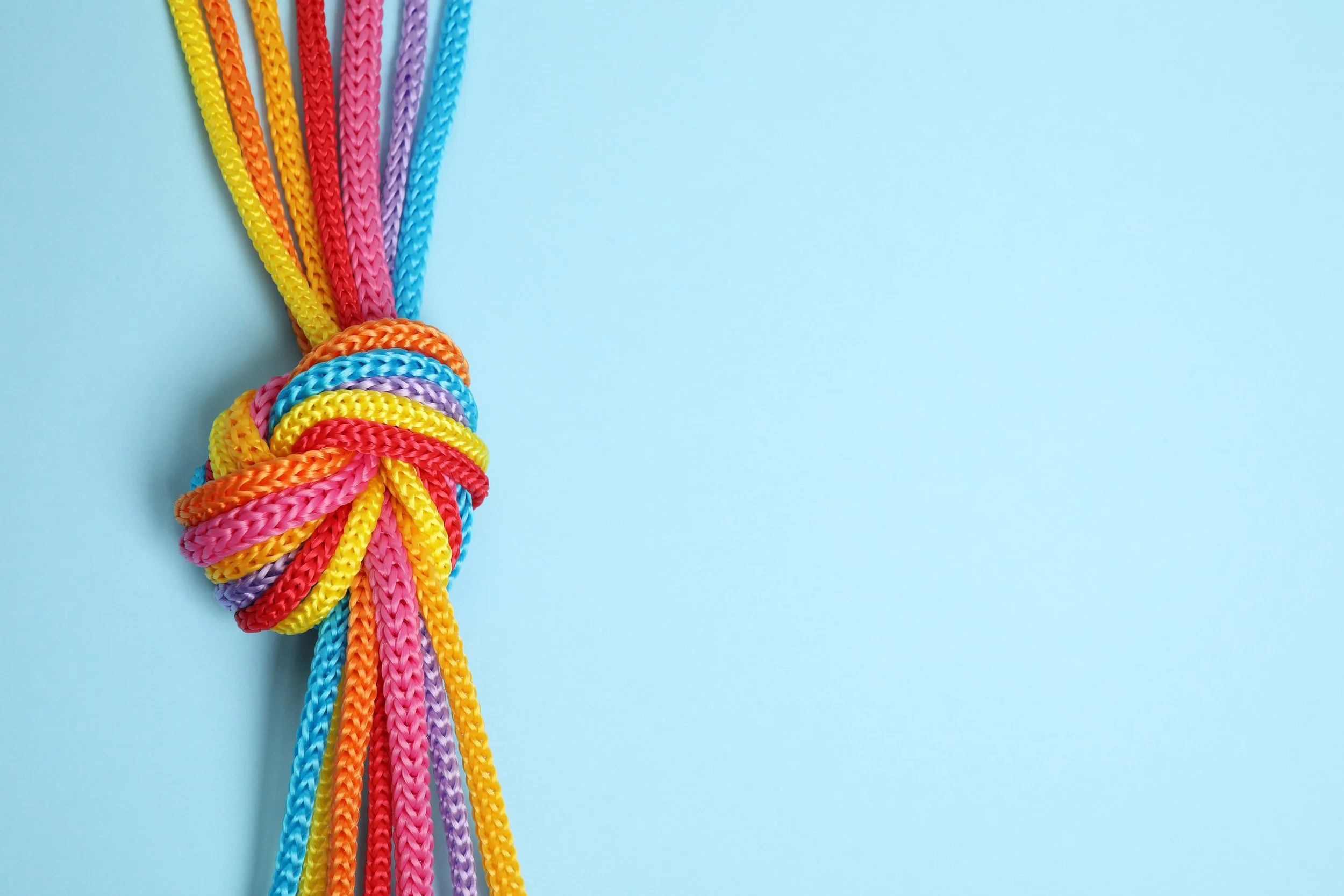When it comes to DEI, I like to encourage self-reflection on the following question: How does this work enhance my life? There are two anecdotes I’d like to share that, in my opinion, speak to this question.
I used to work with a man named John. John was frustrated that the company he was employed with had chosen to start a women’s employee resource group (ERG). “This is reverse discrimination!” he groused on multiple occasions. “Why are women getting so much attention? This is not inclusive to men and not equitable!”
I did my best to get through to him, to explain the concept of “leveling the playing field” and that support for women didn’t mean men were going to be neglected, but no explanation I could offer was enough.
Until, that was, his wife gave birth to a baby girl.
John came to me, eyes wide. Before I had a chance to congratulate him on the new addition to his family, he asked, “Tell me. What can I do to support the women’s ERG?”
I stared at him, equal parts amazed and puzzled. “I’m sorry?”
“I don’t want my daughter to grow up in a world where women are put down just because they’re women,” he explained. “It’s not right.”
Having a daughter allowed the issue of gender discrimination to touch John more deeply, opening his perspective to the importance of DEI and supporting women. While I want to emphasize that we should not necessarily “need” a personal connection in order to care about other people, a personal connection can nonetheless help expose the initial importance of these issues to us. Indeed, “touched” by the issue is the perfect description—after we realize that someone we care for experiences discrimination, the issue now becomes so close to us that it touches our hearts and minds.
A similar experience: I once had a client who was incredibly opposed to LGBTQ+ issues—until his son came out to him, admitting that he had struggled with discrimination all his life and had considered committing suicide multiple times. My client didn’t change his faith after learning this (indeed, no one asked or expected him to), but he did become open to hearing about the challenges faced by the LGBTQ+ community because now he knew that someone dear to him, someone he loved, dealt with those challenges. Once more, the issue touched him because of its closeness to a person he cared about.
I’ll now return to the question that began this section: How does DEI work enhance our lives? How does increasing awareness through DEI save the lives of others? How can DEI bring us to a more equitable, inclusive world? The answers are endless. When we reach out to others, we may find that the importance of DEI lies much closer to us than it first appears.
Dima Ghawi is the founder of a global talent development company with a primary mission for advancing individuals in leadership. Through keynote speeches, training programs and executive coaching, Dima has empowered thousands of professionals across the globe to expand their leadership potential. In addition, she provides guidance to business executives to develop diversity, equity, and inclusion strategies and to implement a multi-year plan for advancing quality leaders from within the organization.
Reach her at DimaGhawi.com and BreakingVases.com.

